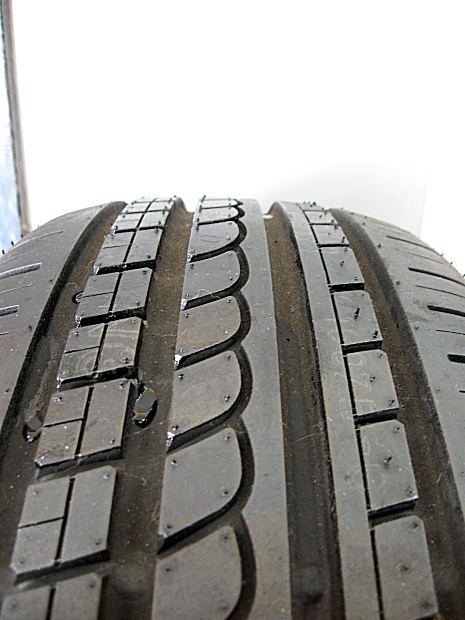Defective tires pose a serious threat to the safety of everyone on the road, and they are more common than one might think.

A recent ABC News investigation revealed there are potentially millions of dangerous, recalled tires in use or on store shelves, primarily because of an archaic government recall system that yields a low response rate.
The National Highway Traffic Safety Administration reports there are an estimated 11,000 tire-related accidents each year, resulting in approximately 6,000 injuries and 200 deaths. Tires weaken and crack over time, and recommendations for replacement are generally between 6 and 10 years, regardless of how much they’ve been used.
But many of these accidents are caused by tires that were defective right off the production line. The problem is even when a company initiates a recall, locating those who are using the tires is particularly troublesome. Recall remediation rates for tires are around 20 percent.
When a defective tire causes a Boston car accident, there are several potential theories of negligence upon which a victim can pursue compensation, depending on the circumstances. If the tire was simply old and worn, the victim may pursue a claim of negligence against the driver or vehicle owner for failure to properly maintain their vehicle in a safe working condition. However, if the tire was subject to a recall and failed as part of an inherent defect, a victim may explore pursuit of a product liability claim against the tire manufacturer, auto manufacturer and/or distributor.
In the recent case of Nat’l Union Fire Ins. Co. v. Tokio Marine & Nichido Fire Ins. Co., a crash victim was able to reach a multi-million dollar settlement agreement for compensation with both the manufacturer and distributor of a purportedly defective tire. Insurers for those entities then took to the courts to seek indemnification for that settlement.
According to California Court of Appeals records, the injured man purchased the subject tires for use on his Ford Explorer at a Costco store in 1997. That same store regularly serviced his vehicles, including the tire. Four years after purchase, the car was once again serviced at this location. Five weeks later, the left rear tire failed, causing driver to lose control and the vehicle to roll over. Victim sustained injuries so severe, he was rendered quadriplegic.
He filed lawsuits against the tire manufacturer, the store/servicer, the auto manufacturer and others. The case was initially filed in federal court, but later abandoned and refiled in state court.
Plaintiff alleged product liability claims against tire manufacturer for tire defects and derivative claims against the store/servicer as the seller of the defective tire, negligence for selling him the wrong size/type of tire for his vehicle and negligence in the post-sale service of his tire. With regard to that last claim, plaintiff asserted the servicer did not take an obviously distressed and worn tire out of commission, and also failed to find a screw puncture during tire rotation.
Distributor/servicer settled the claim for $5.5 million and tire manufacturer settled for $1.1 million.
Subsequently, the excess insurer of the distributor/servicer sued the tire manufacturer and its insurers to recover costs defense costs, as well as the lawsuit settlement money. Insurer alleged breach of contractual insurance obligations.
Court ruled proof of tire defect would be limited to the opinions of original plaintiff’s expert witness in the underlying case. With limited proof of defect, the seller/distributor was unable to prove its case and summary judgment was awarded to defendant/manufacturer, which was awarded $864,000 in fees.
However, the appeals court reversed, finding it was wrong of the trial court to limit relevant and material expert evidence to prove its case. The matter was remanded back to trial court for further consideration.
If a crash in which you were injured was caused by a defective tire or tire blow-out, contact our experienced accident lawyers to learn more about your right to compensation.
If you are the victim of a Boston car accident, call Jeffrey Glassman Injury Lawyers for a free and confidential appointment — (617) 777-7777.
Additional Resources:
Nat’l Union Fire Ins. Co. v. Tokio Marine & Nichido Fire Ins. Co., Feb. 4, 2015, California Court of Appeal, Second Appellate District, Division Five
More Blog Entries:
Fatal Crash Between Car and Backhoe in Massachusetts, Feb. 6, 2015, Boston Car Accident Lawyer Blog
 Boston Car Accident Lawyer Blog
Boston Car Accident Lawyer Blog

